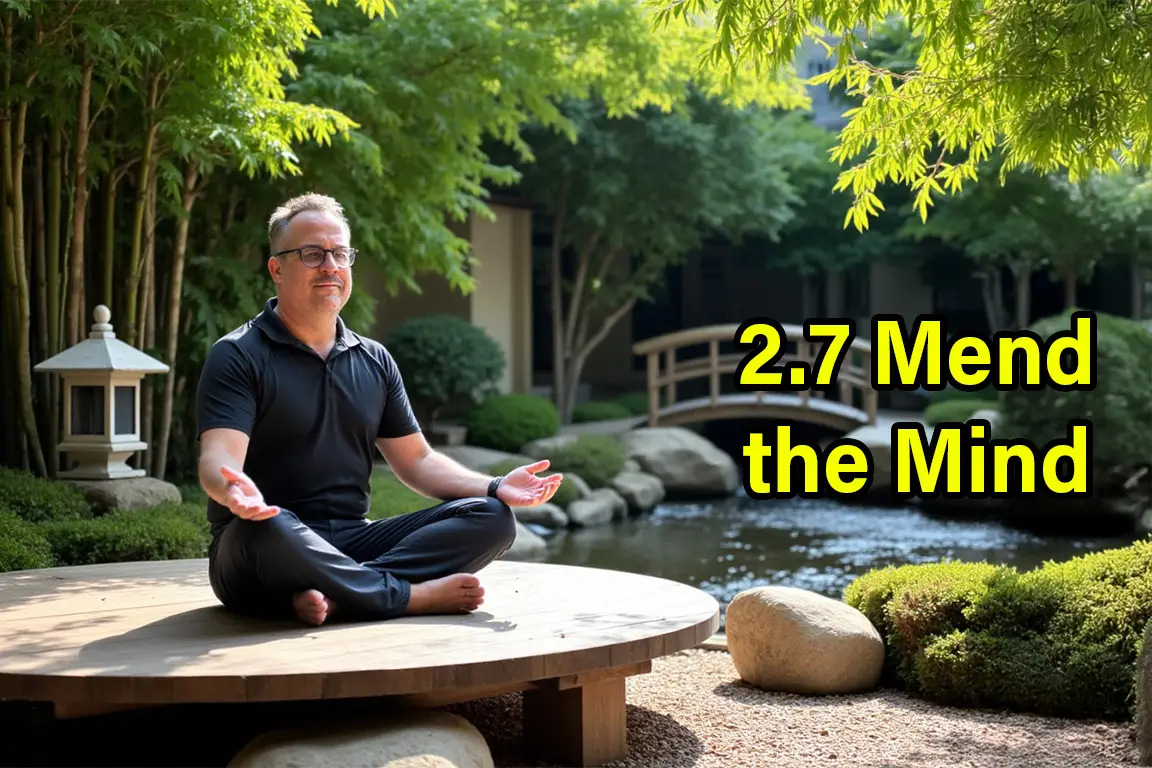Social Support and Counseling
Engaging with a supportive community or seeking professional psychological support can help individuals manage stress and anxiety more effectively.
Online Support Groups
When help can become harmful…
Belonging to mold support groups can offer significant benefits, including emotional support, shared experiences, and sometimes helpful advice. However, there can be downsides, particularly when misinformation spreads or when advice is not grounded in scientific evidence. Here are several reasons why belonging to such groups could potentially be harmful, especially if they contribute to increasing stress and anxiety:
Misinformation and Lack of Expertise
Not all participants in these groups are experts in mold remediation or medical professionals. While sharing personal experiences can be valuable, it might also lead to the spread of misinformation or incomplete information, potentially leading to improper handling of mold issues.
One-size-fits-all Solutions
Every mold situation and individual health condition is unique. Advice that suggests drastic measures, like disposing of all personal belongings or declaring homes permanently uninhabitable, may not be necessary in all cases and can lead to unnecessary stress and financial burden.
Increased Anxiety from Anecdotal Stories
Reading about severe or extreme cases of mold exposure and its health impacts can increase anxiety and fear, especially in individuals already susceptible to stress or those with pre-existing health conditions. This heightened anxiety can adversely affect mental health and overall well-being.
Focus on Negative Outcomes
If the group focuses predominantly on negative experiences and outcomes, it may skew members’ perceptions of their situation, leading to hopelessness or despair. A balanced perspective that includes recovery stories and positive outcomes is crucial for mental and emotional health.
Peer Pressure and Group Think
In some cases, group dynamics can lead to peer pressure to conform to certain beliefs or actions, even if they are not the best course of action for everyone involved. This can include pressure to undertake expensive or unnecessary remediation efforts.
Neglect of Professional Advice
Members might prioritize advice from the group over seeking or following professional guidance from trained environmental health professionals or medical practitioners. This can lead to delayed or inappropriate actions to address mold issues or health concerns.
The belief that extreme measures (like required disposal of personal belongings) are necessary can lead to significant financial stress, further exacerbating anxiety and potentially impacting the ability to secure a healthy living environment.
Impaired Healing
Chronic stress and anxiety, heightened by group dynamics or misinformation, can negatively affect physical health, potentially inhibiting the body’s natural healing processes and the effectiveness of detoxification efforts.
Summary
For individuals dealing with mold exposure, it’s crucial to balance the support and information from these groups with professional advice from qualified environmental health professionals and medical practitioners. Seeking evidence-based information and tailored advice can help manage mold effectively while minimizing stress and anxiety.

